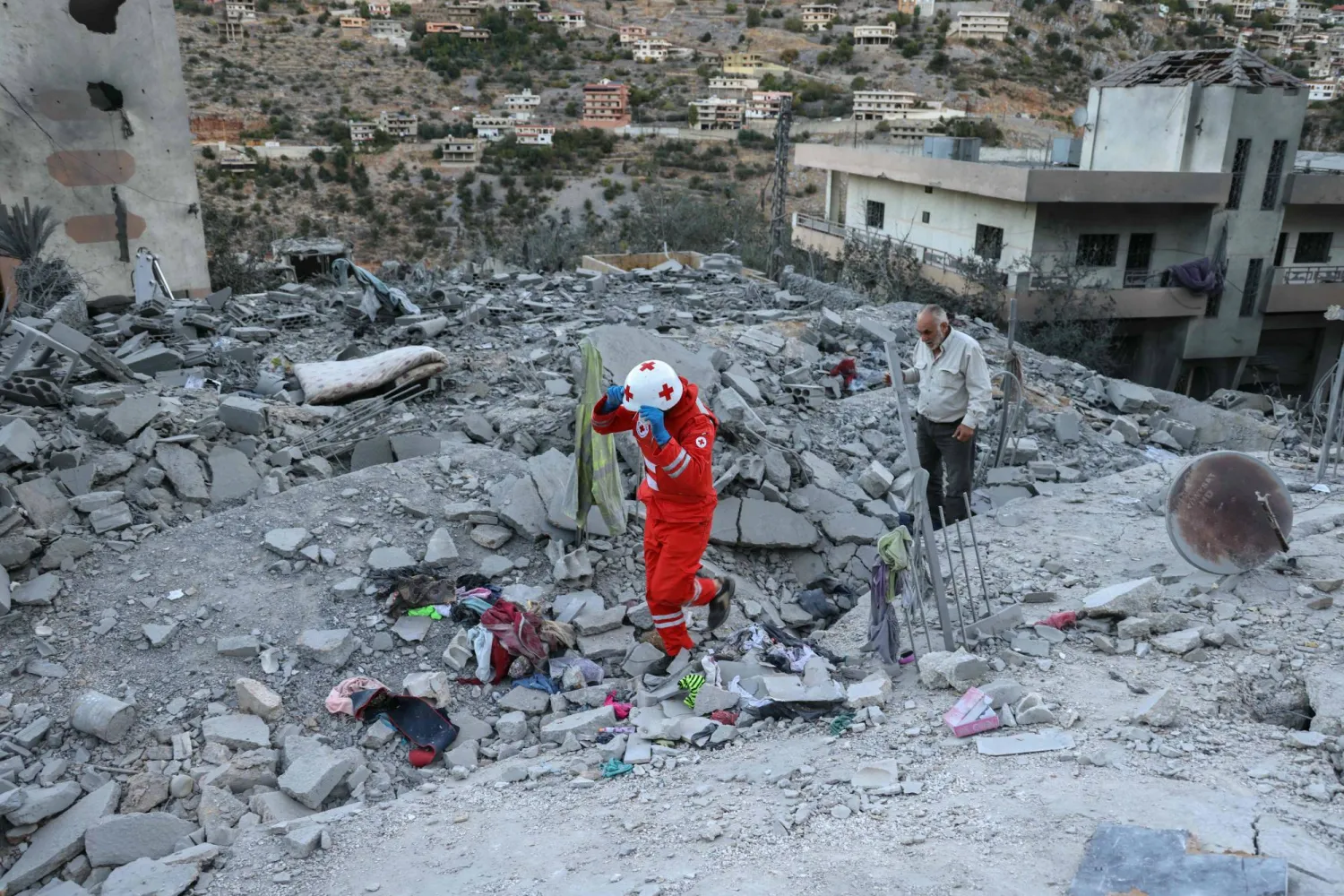Israel will continue to discuss ceasefire proposals for Lebanon in the days ahead, Prime Minister Benjamin Netanyahu said on Friday.
Israel's foreign minister on Thursday rejected global calls for a ceasefire with the Iran-backed Hezbollah and pressed ahead with airstrikes that have killed hundreds in Lebanon and heightened fears of a regional war.
An Israeli strike on Friday killed nine members of a family, including four children, in the Lebanese border town of Shebaa, mayor Mohammad Saab told Reuters.
Israeli attacks have killed an estimated 700 people to date, including at least 150 women and children.
Hezbollah said it had fired rockets into Israel on Friday at Kiryat Ata near the city of Haifa some 30 km from the border, and the city of Tiberias, declaring the attacks a response to Israel strikes on villages, cities and civilians.
Though Israeli air defenses have shot down many of Hezbollah's rockets, limiting the damage they've done, the group's attacks have shut down normal life across much of northern Israel as more areas fall into its crosshairs.
The Israeli military said it had intercepted four unmanned aircraft that crossed from Lebanese territory into the maritime space off the coast of Rosh Hanikra at the Lebanese border.
The United States and France proposed an immediate 21-day truce on Wednesday, and said negotiations continued, including on the sidelines of a United Nations meeting in New York.
Netanyahu said on Friday that Israeli teams had meetings to discuss the US ceasefire proposals on Thursday and would continue discussions in the days ahead, adding that he appreciated the US efforts.
"Our teams met (Sept. 26) to discuss the US initiative and how we can advance the shared goal of returning people safely to their homes. We will continue those discussions in the coming days," he said in a statement.
On Thursday, after Netanyahu left for New York where he is attending the United Nations General Assembly, his office issued a statement saying the prime minister had ordered Israeli troops to continue fighting “with full force” in Lebanon.
His statement made no reference to the comments of Foreign Minister Israel Katz, who on Thursday rejected ceasefire proposals, or other Israeli politicians who have echoed that position, saying only that there had been "a lot of misreporting around the US-led ceasefire initiative.”
Israeli military vehicles were seen transporting tanks and armored vehicles toward the country’s northern border with Lebanon, and commanders have issued a call-up of reservists.









